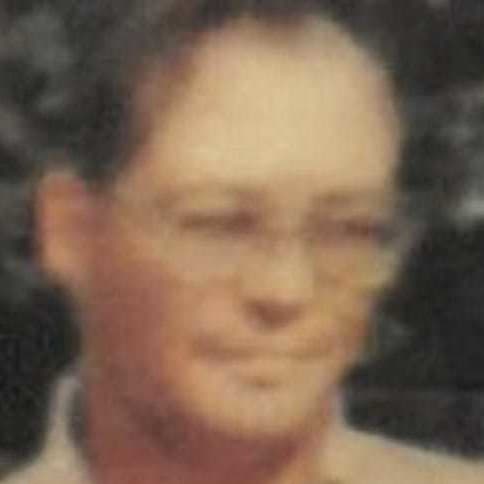This post was originally published on this site
A 74-year-old Washington veteran has been sentenced to just over two years in prison for stealing his missing brother’s identity and collecting his disability checks for more than 30 years.
Chris Sayler, of Toutle, Wash. near Mount Saint Helens, admitted he had been collecting his partially blind brother’s checks for decades. But the mystery around what happened to Jarvis Sayler — who was last heard from in 1988 — remains unsolved.
“‘Our hope was that the investigation could shed light on what happened to Jarvis Sayler.‘”
“Our hope was that the investigation could shed light on what happened to Jarvis Sayler. While that has not happened, we are able to hold his brother accountable for stealing benefits from government programs that are designed to help the most needy in our community,” said Tessa Gorman, acting U.S. attorney for the western district of Washington.
According to court filings, Jarvis Sayler disappeared after travelling from Missouri to visit his brother Chris in Washington 33 years ago. Jarvis’ other brother reported him missing the following year after not hearing from him for some time and discovering that a property he had bought had been repossessed because payments for it had stopped.
When police in Washington interviewed Chris — a Vietnam veteran who worked as a mechanical engineer — he told them he had gotten into a fight with his brother who then left and that he hadn’t seen him since.
Red flag
The case went cold until 2013, when facial recognition software at Washington’s Department of Licensing flagged a renewal application for a driver’s license for Jarvis Sayler because the picture appeared to be the same as what was on file for his brother Chris.
Chris explained to officials that he and Jarvis were actually twins, but when the incredulous clerk noted that Jarvis was four years younger, Chris said it was “ a rare twin situation,” but that it does occur. As it turned out, Chris was adopted as a toddler, and is not biologically related to Jarvis, prosecutors said.

Jarvis Sayler was last heard from in 1988. (Clark County Sheriff’s Office)
The renewal application ultimately triggered a probe by Social Security’s inspector general’s office through which investigators discovered that Chris had maintained a license in his brother’s name since at least 1998, but possibly earlier. Those licenses were issued listing Chris Sayler’s addresses.
Chris also had operated a bank account for decades in his brother’s name where Jarvis’ monthly disability check was deposited and withdrawn. Records also showed that debit cards connected to that account were routinely used at businesses near Chris Sayler’s home.
“‘I knew it was wrong.’”
A deep records scan by investigators showed no sign of Jarvis living anywhere aside from the bank accounts and licenses his brother had arranged, suggesting he is either dead or had long lived outside the United States, prosecutors said.
In a 2019 phone call monitored by law enforcement, Chris told his other brother — with whom he had not spoken in decades — that he hadn’t seen Jarvis in 15 years. When Chris was arrested later that year, he told authorities he had last seen Jarvis in 2016, but later said it had been 2012.
In a letter to U.S. District Court Judge Robert J. Bryan, Chris Sayler said he had gotten his brother’s ID “under a misunderstanding of circumstances,” and only began using it “due to financial difficulties.”
“I knew it was wrong, and always felt guilty about what I did. All my life I’ve always tried to do right, but this one thing hung over me,” he wrote.
Investigators say that existing records proved that Chris Sayler had collected some $388,000 in social security payments due to his brother, but that they believe he had received more than $500,000 since his brother disappeared.
Lenient sentence
Sayler faced a far longer sentence, but prosecutors and the judge agreed to a term of 25 months in federal prison due to his poor health and military service.
His attorney, Colin Fieman, said, “If you look at the way the case and charges played out, there should be no lingering doubt about Chris’ knowledge of what happened to his brother.”
A spokeswoman for the U.S. attorney’s office was more circumspect. “We have not reached any conclusions and continue to hope information will one day lead to closure for the family as to what happened to Jarvis Sayler,” she said.


